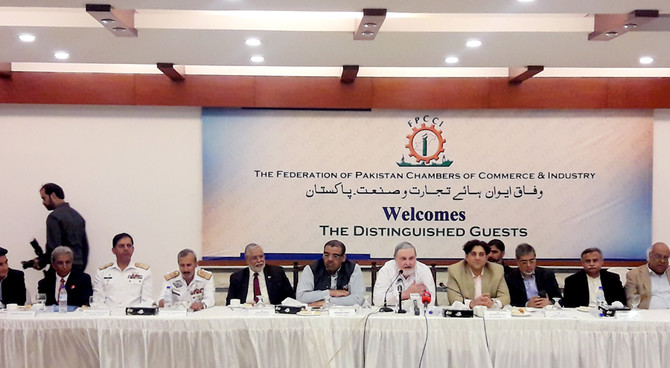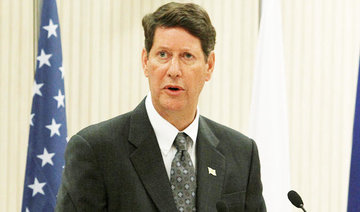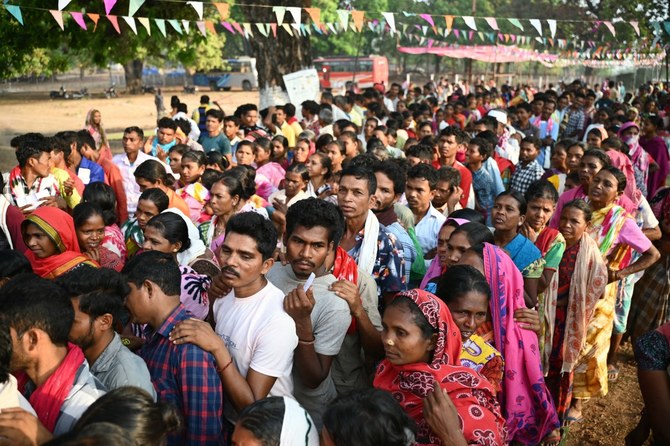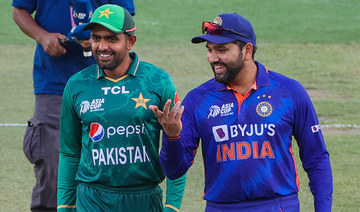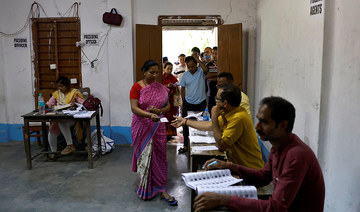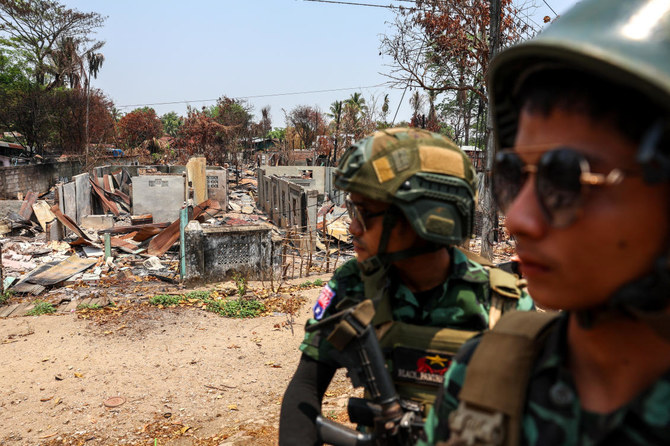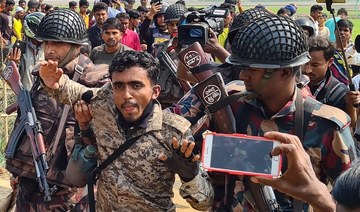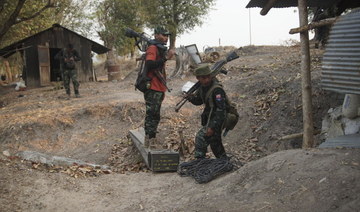KARACHI: The US energy giant ExxonMobil is close to hitting huge oil reserves near the Pakistan-Iran border, which could be even bigger than the Kuwaiti reserves, says Abdullah Hussain Haroon, Pakistan’s caretaker minister for maritime affairs and foreign affairs.
ExxonMobil, the American multinational oil and gas company, has so far drilled up to 5,000 meters close to the Iranian border and is optimistic about the oil discovery, Haroon told business leaders at the Federation of Pakistan Chambers of Commerce and Industry (FPCCI).
If the oil deposits are discovered as expected, Pakistan will be among top the 10 oil-producing countries ahead of Kuwait in sixth position.
Kuwait’s oil reserves make up 8.4 percent of the oil reserves in the world. Kuwait claims to hold about 101.50 billion barrels, including half of five billion barrels in the Saudi-Kuwaiti neutral zone which Kuwait shares with Saudi Arabia.
According to current estimates, 81.89 percent of the world’s proven oil reserves are located in OPEC member countries, with the bulk of OPEC oil reserves in the Middle East, amounting to 65.36 percent of the OPEC total, latest OPEC data shows.
Pakistan’s foreign minister also said that his government has already taken an undertaking from ExxonMobil to set up a generation complex worth $10 billion.
“They are also putting up an LNG berth at Port Qasim, the second seaport in Karachi. They have already paid for the drilling rights in Pakistan,” Haroon added.
He said: “Pakistan is providing a level playing field to foreign investors and they are interested in coming to Pakistan. What we need to do is to meet their standards and attract them to make investment.”
In May 2018, the ExxonMobil had acquired 25 percent stakes in offshore drilling in Pakistan. The agreement was signed at Prime Minister’s Secretariat among ExxonMobil, Government Holdings Private Limited, PPL, Eni and the Oil and Gas Development Corporation.
The agreement has reduced the drilling share of other partner exploration companies to 25 percent each.
Haroon said that Pakistan is being dragged into the US-China trade war but “the country is maintaining its impartiality.”
“When we sought a much-needed external loan from China, which they initially had refused, the US expressed its annoyance,” Haroon added.
Pakistan currently meets only 15 percent of its domestic petroleum needs with crude oil production of around 22 million tons; the other 85 percent is met through imports. The country facing huge current account deficit of up to $18 billion is spending a substantial amount of foreign exchange reserves on import of oil. The import bill of Pakistan rose by to $12.928 billion in the July-May 2017-18 period of the last fiscal year.
Pakistan’s foreign minister also talked about the current water crisis and its impact on Indo-Pak relations. “India is acting to control water flows which would endanger Pakistan’s food security and they would ruin our crops,” he said.
Haroon called for the integration of Karachi Port and Port Qasim so that they could supplement each other in the larger interest of the country.
He underlined the need for a new area for a fish harbor as the existing one has many issues and there is shortage of land. He regretted that the harbor is not well kept and hoped that the European Union will give subsidy for a new one.
Ghazanfar Bilour, president of the FPCCI, said that Pakistan trade was facing global competition both in terms of marketing products and trade diplomacy as the agreement signed by Pakistan to expand exports was not providing potential benefits. “We need strong advocacy to achieve market access for Pakistani products in other leading markets, and correction in the existing bilateral trade agreements,” he noted.
Tariq Haleem, vice president of the FPCCI, called for bringing down the cost of doing business and improving efficiency at all Pakistan ports.
“At Karachi Port, about 27 million tons (import and export) of dry and liquid cargo is handled per annum. But, in actual fact, these volumes were not satisfactory, the reason being the extreme shortage of space at the Karachi port,” he said.


